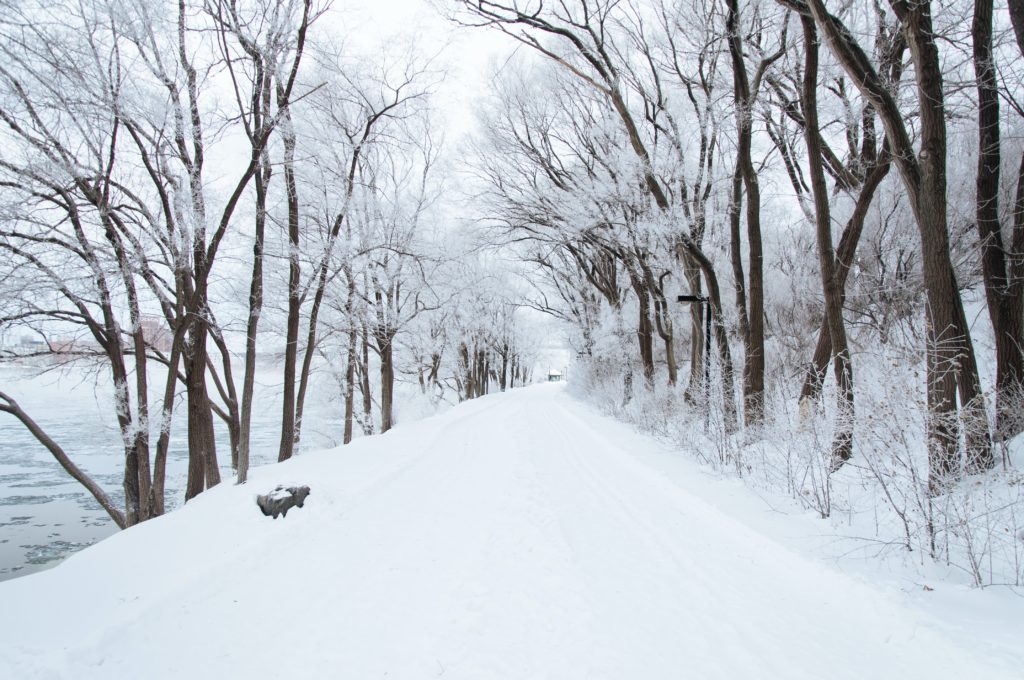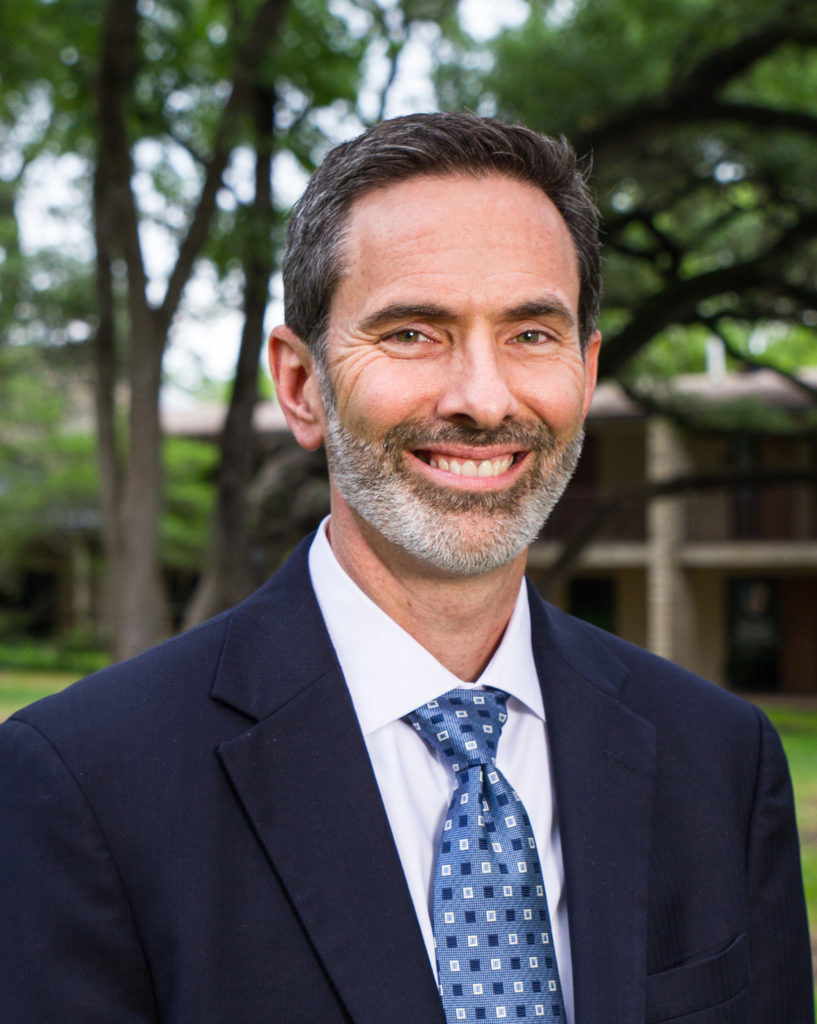
I watch as snow drifts down like ash. At first it’s beautiful and surprising – snow in Austin! The last time I remember a significant snow was just after moving here twelve years ago. We had a snow of 2-3 inches that year, just enough for the kids to build a tiny snowman on the hood of our car. The snow came and went in a day. Power stayed on, roads were passable, and everyone could go back inside to a warm house and hot chocolate.
I watch as snow drifts down like ash. This time is different. There’s more snow and more danger. Trees are down, we are losing heat, power, and water. Many are starting to feel cut off and alone – especially those in marginalized communities whose access to resources was already tenuous. The beauty has begun to fade because how can something this threatening still be beautiful?
I watch as the snow drifts down like ash. The winter storm reminds me that we are fragile, that we are vulnerable creatures. That we have built an amazing infrastructure – power lines, phone lines, gas lines, cable lines, cell towers, roadways, filling stations, food distribution – that allows us to forget (for a time) that we are creatures, finite and vulnerable. The earth does not owe us a living.
This Ash Wednesday will have no ashes – we have been driven inside by a tag team of ice and COVID – but we are not without a tangible reminder that we are dust and to dust we shall return. Or, since sixty percent of the human body is water, we might as well say that we are water and to water we shall return. The human body – snow and ash.
To deny our mortality and vulnerability is to deny our humanity, to seek refuge in a god-like fortress, detached and impregnable, where even God does not dwell. To seek invulnerability is to hold snow in your hands and dare it not to melt. Yet we human beings – especially those with power and prerogative – build, control, and conquer for the sake of invulnerability.
This year we do not have ashes. Instead we have snow. These symbols, these marks, are not meant to trap us in a sense of powerlessness, rather they remind us that we are not in control, we are not finished, we are not strong. Our lives are precarious. We need each other.
Right now – this Ash Wednesday morning – our need for each other bumps up against our involuntary confinement in homes surrounded by icy streets and downed power lines. We can’t give one another the care we would like. We can be the body of Christ for each other only from afar – only in thought, concern, and prayer. In this moment, God’s presence is not found in the prevention of hardship but in the promise of provision, the promise of redemption, the promise that all goods are held in God’s hands – hands that have known vulnerability, hands that yet bear the scars of the nails that proved God’s emptying into weakness.
We enter Lent in crisis. So many crises layered upon each other. But our struggles are caught up in the very struggle of God, and the suffering of Lent leads to the joy of Easter. This is our hope.
This morning we prayed the words of Psalm 51:13, “Give me the joy of your saving help again and sustain me with your bountiful Spirit.” As the snow drifts down like ash, may this continue to be our prayer.

Dr. Scott Bader-Saye joined the seminary faculty as the Helen and Everett H. Jones Chair in Christian Ethics and Moral Theology in 2009 and has served as academic dean since 2013.
His current research centers on theological readings of gender and transgender. Other research interests include economy, sexuality, political theology, virtue ethics, and interfaith dialogue. He teaches the core Theological Ethics courses for all degree programs. He is author of Following Jesus in a Culture of Fear, revised and updated (2020), Formed by Love (2017), and Church and Israel After Christendom (1999). He has contributed to The Blackwell Companion to Christian Ethics (2006) and The Cambridge Companion to the Gospels (2006) and has published widely in theological journals and magazines.
Professor Bader-Saye helped found and lead Peacemeal, a missional Episcopal community in Scranton, PA, served on the Episcopal Church Executive Council Economic Justice Loan Committee, currently serves on the Gathering of Leaders Steering Committee, and is active as a teacher and parishioner at St. Julian of Norwich Episcopal Church, a mission in northwest Austin.

